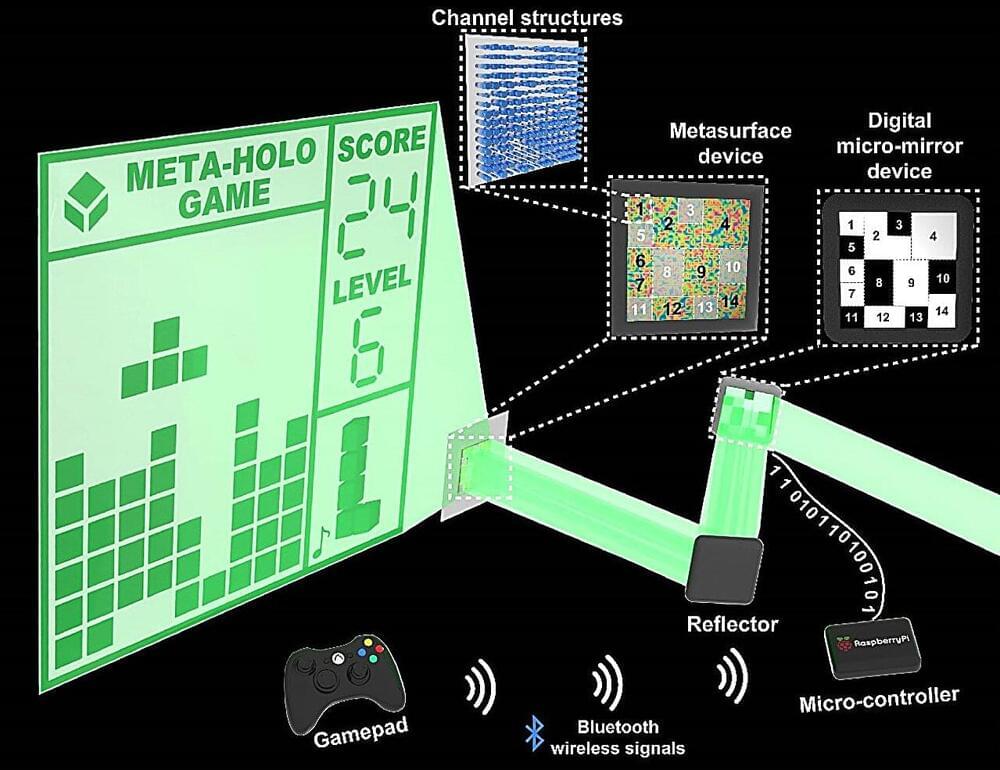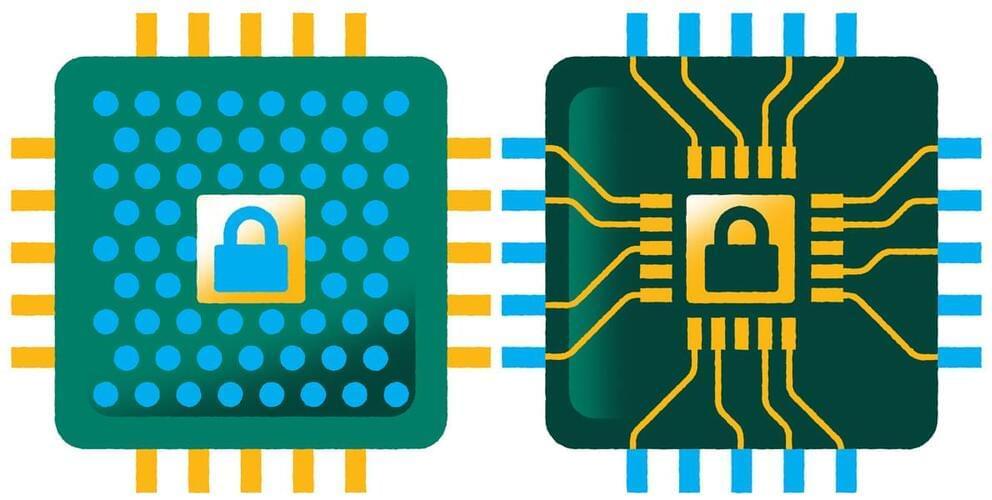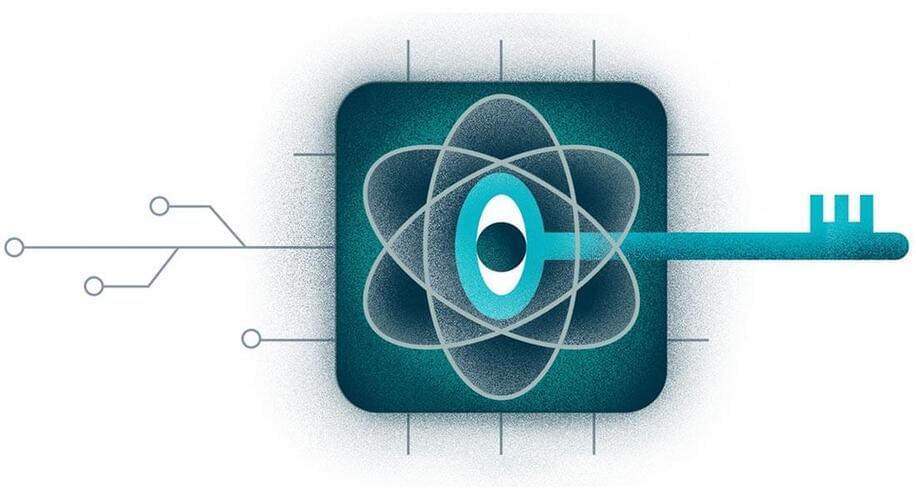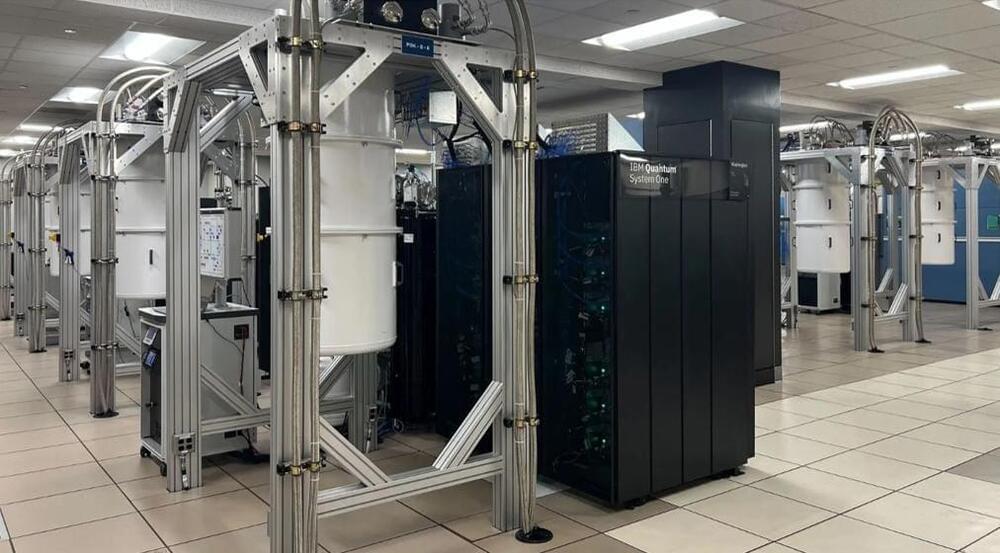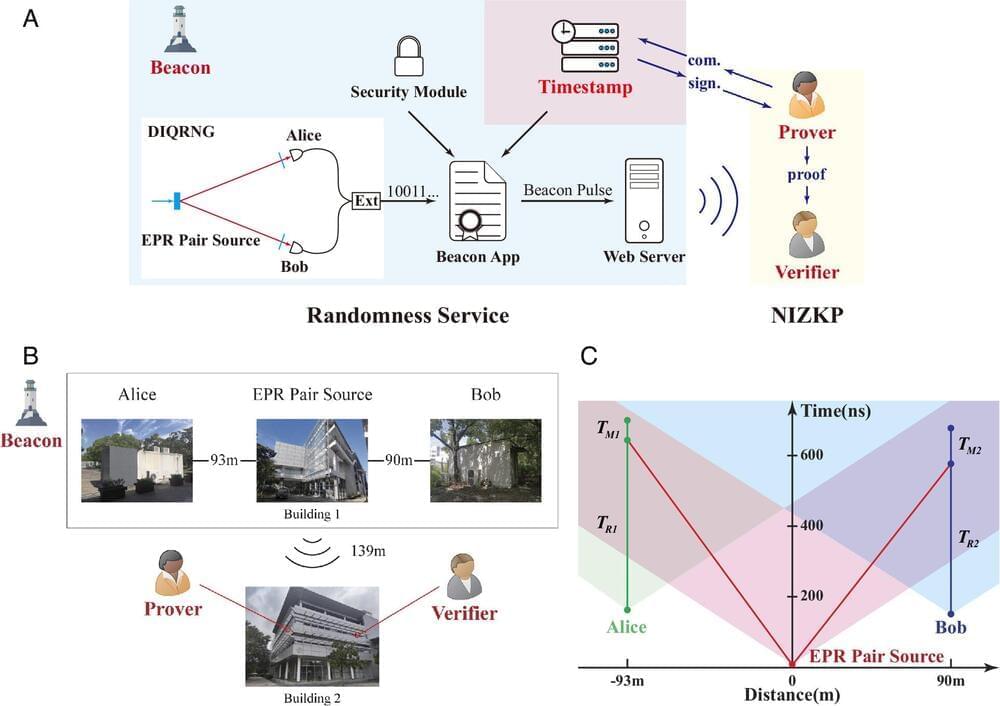Computer-generated holography (CGH) represents a cutting-edge technology that employs computer algorithms to dynamically reconstruct virtual objects. This technology has found extensive applications across diverse fields such as three-dimensional display, optical information storage and processing, entertainment, and encryption.
Despite the broad application spectrum of CGH, contemporary techniques predominantly rely on projection devices like spatial light modulators (SLMs) and digital micromirror devices (DMDs). These devices inherently face limitations in display capabilities, often resulting in narrow field-of-view and multilevel diffraction in projected images.
In recent developments, metasurfaces composed of an array of subwavelength nanostructures have demonstrated exceptional capabilities in modulating electromagnetic waves. By introducing abrupt changes to fundamental wave properties like amplitude and phase through nanostructuring at subwavelength scales, metasurfaces enable modulation effects that are challenging to achieve with traditional devices.
